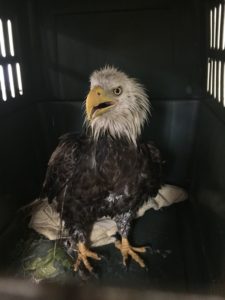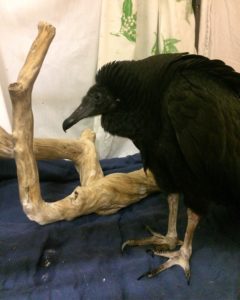

If you find a sick or injured wild animal who needs help, please call us at (202) 882-1000.
Posted on 2 Comments


If you find a sick or injured wild animal who needs help, please call us at (202) 882-1000.
15 Oglethorpe St NW
Washington, DC 20011
(202) 882-1000
info@citywildlife.org
Keep up to date by joining our mailing list:
Thanks for taking this initiative. I will surely share this on my social channels. Every bit of effort is crucial.
What medication do you use to treat Lead Poisoning? I am a Rehabber and I get many types of animals.